Transition Talks: Transition to Post-Secondary Education

Students with disabilities exiting the K-12 school system may find that navigating postsecondary opportunities can be a challenging task. Their role in the process is different than it was in high school, as well as what is expected of them as they delve into their new reality. Transitioning to postsecondary education and employment takes planning and coordination. Students and families need to ask themselves questions such as:
- How do I access services?
- What services are available to me?
- Will my IEP or 504 plan from high school transfer to the postsecondary setting?
- Will I receive the same services as I did in high school?
- Where do I begin?
These are typical questions from both students and parents/guardians as they try to understand their new roles. A successful transition process begins with a dynamic resourceful team whose focus is on the development of a coordinated set of activities that is results oriented to facilitate the student’s progression from K-12 to post-secondary education and employment.
The team must have a comprehensive plan in order to accommodate the ever-changing landscape of what is needed for individuals with disabilities to lead fulfilling and productive lives. The involvement of parents/guardians and students are key components in ensuring a successful transition process.
Spotlight
College of Southern Maryland
Glennis Daniels-Bacchus: ADA Coordinator
The College of Southern Maryland Disability Support Services office (DSS), Division of Rehabilitation Services (DORS), and the local school systems from Calvert, Charles and St Mary’s counties developed a transition team in 2000 consisting of DSS, staff, DORS personnel, School Psychologists, and LSS Transition Coordinators. The goal of the team is to address questions that students and parents have regarding the transition process to postsecondary and employment and to explore how roles and expectations change from secondary to postsecondary settings.
The team has developed programs and services for both students and parents/guardians to address these issues. Programs such as, “Try College for A Day”, “Transition Conference”, “Transition Expo,” Parents Information workshops and the “Summer Bridge Program” provide opportunities for both parents and students to better understand transitioning and how to access services.
Questions to Consider
- How do I contact the Disabilities Support Services Office at colleges/universities of interest to me?
- What documentation will I need to receive services and what accommodations are available?
- How will accessing services and accommodations be different in a post-secondary setting?
Resources
- The Postsecondary Education & Training Preparation Toolkit*
- A Transition Guide to Postsecondary Education and Employment for Students and Youth with Disabilities*
* This pdf is not 100% accessible and is not a required resource.



